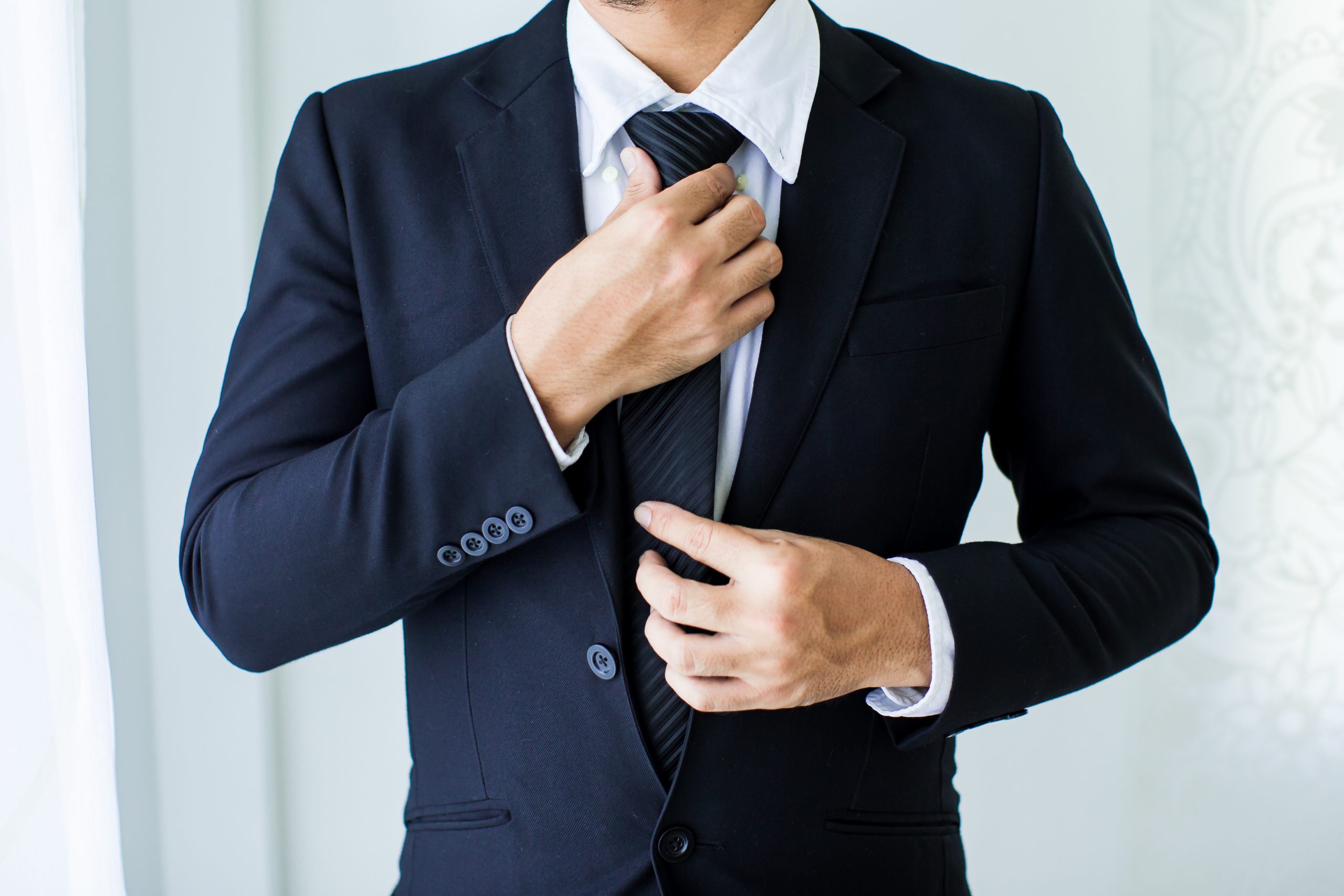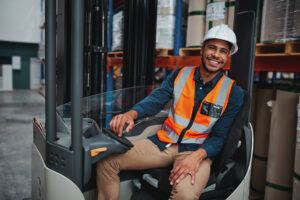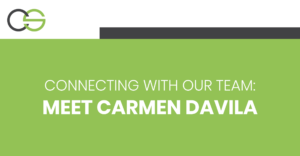Whether or not it’s fair, people judge each other by what they wear. Clothes are an important part of making a great first impression, which can make all the difference when an employer makes a hiring decision. But deciding what to wear isn’t always easy. Every workplace has its own standards and clothing culture. The rules for an interview might be different than the rules for day-to-day work.
What your interview clothes might say about you
One strategy for thinking through how you’ll get dressed for an interview is to ask yourself: “What do I want my clothes to say about me?”
Fashion is often described as a language. In other words, what you wear speaks. What sorts of things might it say?
- You care about how your interviewer thinks about you.
- You have invested time in getting ready for the interview.
- You understand the employer’s work environment.
- You respect and can follow the employer’s professional standards.
Of course, clothes can also say the opposite of those positive things. The wrong impression can come from being underdressed for the occasion – wearing sweatpants and flip-flops to an interview with a senior manager – but it can also sometimes come from being overdressed, too. If your interview is happening at a construction site, throwing on a fancy suit with polished dress shoes might say, “This candidate doesn’t understand the job.”
Choose the right clothes for the context
If you don’t know anything about the employer’s specific wardrobe requirements, there are certain rules you can rely on to be safe. Those rules come from the context of the employer’s business: the industry they’re in, the type of job you’re interviewing for, and the place where the interview will happen.
The construction site example is one extreme. In this context, your clothing will demonstrate your command of basic safety principles. Jeans, sturdy boots, and long-sleeved shirts are expected in the construction context. But remember that you aren’t dressing for work. Wearing a button-down shirt or blouse signals that you’re seeking the employer’s respect even as you show them respect in turn.
The industrial context is often a middle ground. A business casual approach is often the right choice. What qualifies as “business casual” is a moving target, but it’s usually safe to assume it means wrinkle-free slacks and a polo shirt for men, fresh jeans and a sweater for women. Ties are optional and might be inappropriate if the interview will include spending time on a shop floor where ties are considered a safety risk. Wear shoes that aren’t visibly broken in or too casual. Sneakers might be fine for day-to-day work there, but for an interview you’ll want something a bit dressier.
If your interview is taking place at the employer’s corporate offices, bumping up your wardrobe’s formality can be a good idea. If the business where you’ll be interviewing is a suite-and-tie place, you’ll want to show you can dress the part by dressing to their level. In fact, even if the company typically is business casual, wearing a suit might not hurt.
What if you don’t have a suit? Don’t worry. If more formal attire is important, there are options short of pin stripes that will be just fine in most contexts. For men, slacks and a button-down shirt with a tie, perhaps with a sport coat as well, can be just fine. Women have more options, which is both a good and frustrating thing. A pressed blouse or nice sweater, slacks or knee-length skirt can be good choices.
Your staffing agency’s recruiter can help
A good staffing agency works double time to make sure their associates are set up to succeed in their interviews. Giving accurate wardrobe advice is a crucial component of that process. At Connect Staffing we get to know our clients’ cultures in part so we can help our candidates hit the mark when they walk through the door.
That brings up an important point: what about interviewing with your recruiter? As your career partner, we’re more concerned about getting to know you than we are about what you wear when we first meet. But that doesn’t mean your wardrobe doesn’t matter. What do you want your clothing to tell us about your goals? What do your clothes say about your preparation to go in front of a potential employer? If we see you already know how to dress professionally, we’ll be able to help you get where you want to go that much faster.
Connect Staffing starts with you
Our commitment to being a great agency to work for is what sets Connect Staffing apart from the rest. Whether you have concerns about what to wear to an interview, how to prepare, or what to say in response to a tough question, we’re here to help. Where do you want to go in your career? Get started with Connect Staffing today.





